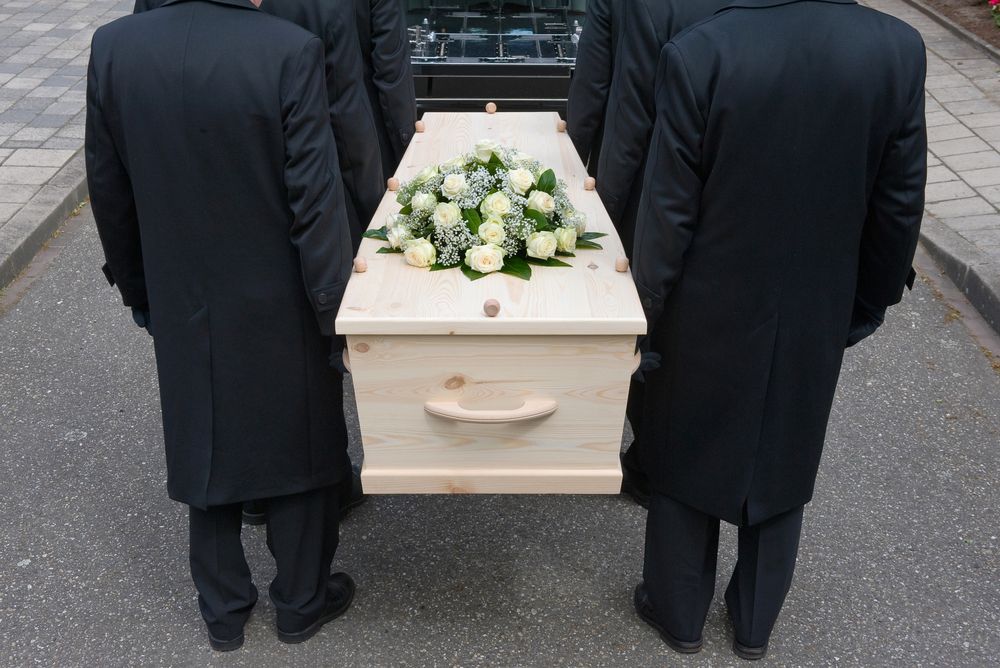
Funerals are an important part of the grieving process for friends and family. It’s a time to honor the life of a loved one. Emotions are already running high from grief and stress. When you include any family drama, a funeral can get even more complicated. Many families wonder how to keep unwanted guests out of a funeral to avoid potential theatrics.
Should You Exclude Someone From a Funeral?
Excluding someone from a funeral is a big step. Unlike weddings or baptisms, funerals are generally open to the public. Anyone and everyone can come to pay their respects. Those who were estranged from the deceased may simply want to attend to make amends. Of course, they may also have ulterior motives. Don’t get caught up in trying to determine their motives. Instead, think about what your loved one would want. There’s no wrong or right answer. You have to do what you think is best.
Confront an Individual or Hope They Won’t Attend?
If you’re simply trying to keep one or two people out of the funeral, honesty might be the best policy. You can explain that their attendance might be disconcerting to others at the memorial. Offer an alternative, such as attending through video or spending time with the family at another time. If you aren’t up to the task, ask a neutral friend or clergyperson to explain to the person why they shouldn’t attend the funeral. On the other hand, it might be presumptuous to assume that an estranged family member would attend the service. You may just want to leave it alone and deal with it if they attend the funeral and become disruptive.
Tactful Ways For Limiting Funeral Attendance
If you don’t want to confront people directly, you can use these methods to minimize the number of people who attend. This can help you reduce costs or keep the logistics a little easier.
- Indicate a Private Funeral Service
When you announce the death of your loved one, don’t put the time and place of the funeral in the obituary. Keep that information private and only give it out to people who ask. This gives you some control over who attends.
- Publish the Obituary After the Service
Hold the funeral as you would normally do. Keep the obituary private until after the service has been held. You can invite as many people as you want without making a public announcement of the funeral.
- Don’t Hold a Funeral
Schedule a memorial service at a future time instead of holding a funeral service right away. You can invite only those you want to the memorial service, keeping it private. When someone asks about the details, you can decide whether to share or not.
Dealing With Drama at a Funeral
If you decide not to restrict attendance, have a plan to deal with any problems that might occur. If someone has the audacity to attend when there has been an estrangement, you can give that person the benefit of the doubt. They came to atone and/or make amends. You don’t have to act unless the situation becomes untenable. Treat the person as any other guest unless there is a problem.
If you believe that you do need to ask someone to leave, have a friend or neutral party handle it. You are already dealing with a great deal of grief and don’t need to add this layer of stress to your day. Asking someone else to deal with this can reduce hard feelings at this difficult time. It’s much harder to argue with a person who isn’t emotionally involved with the family. Remember that the funeral is a tribute to your loved one who is gone. Let the service be peaceful to honor the deceased.